Apple Denies Ranking Its Own Apps Higher Than Competitor’s Despite Lower Rating
Aadhya Khatri - Jul 25, 2019
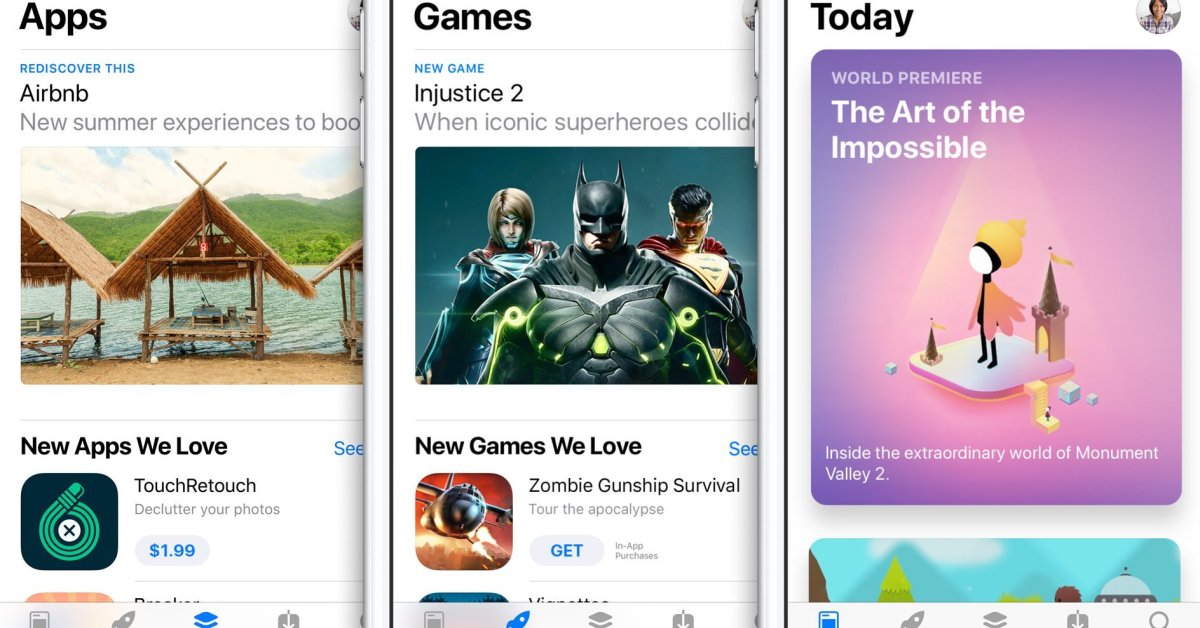
Apple said that it did not favor its own apps when it ranked search results in its App Store in response to a report from The Wall Street Journal
- Best Gaming Phones 2025: Top Devices for Mobile Gaming
- Apple Kills Original HomePod, Focusing On HomePod Mini
- iPhone 12 Color Is Fading Away Quickly And No One Knows Why
Apple said that it did not rank its own apps higher than competitors' in its App Store. This announcement is in response to a report by The Wall Street Journal, which shows how the Apple apps are ranked higher than the third-party ones even if they have better reviews.
According to the report, the iPhone maker's apps are top of the list in six out of ten categories, including maps and books, the ones that Google and Amazon’s products should have been the most popular.
For example, Apple Books app occupies the first spot when users in the US search for 'books' on the iOS App Store. This result might vary depending on the country you conduct the search, but at least it is the case in the UK. The most puzzling thing here is the app from the company does not have a public download number or a five-star rating. Apple Books also rank 168th on the list of the most popular by the number of downloads.
A more well-known option for books is Amazon’s Kindle app, which is put in second place after the one from the iPhone maker, separated by a Featured app. In the Books category, the app only ranks the third spot. This kind of ranking seems wrong as the app from Amazon has a 4.8-star rating from 1.2 million rating times.
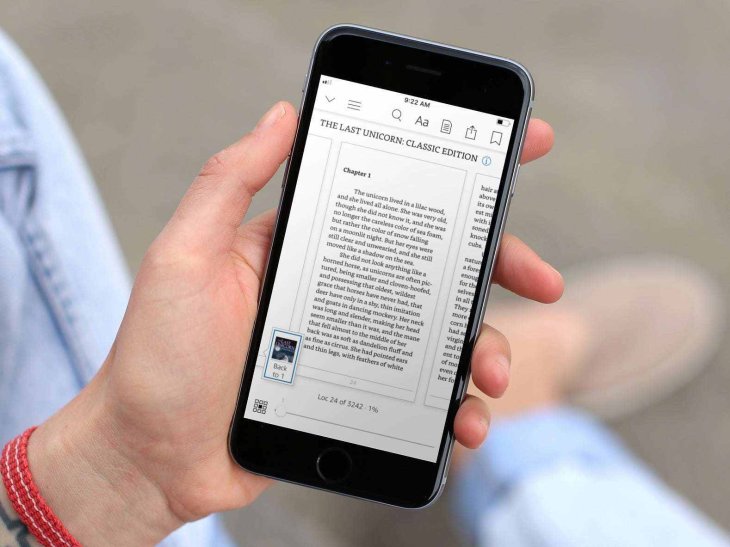
It is the case for Maps too. The one from Apple ranks higher than Google Maps and Waze in search results while in their category, they occupy the first and the second place. Please note that Maps, like Calculator and Calendar, is not graded like other navigation apps because the three of them are on iOS devices by default.
It is believed that Apple used to consider removing the apps with a rating of less than two-star. However, according to Phillip Shoemaker, former lead of App Store review, his team, which was the one who proposed the removal, was told that if doing so, they would also kill Apple’s Podcasts app, which fell right in the less-than-two-star group. For now, lots of apps from Apple do not have a rating attached to it anymore.
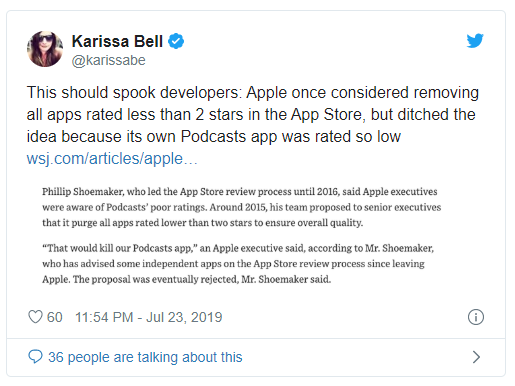
Apple denied the accusation and said that it took both user behavior data and match of name into consideration when ranking search results, along with other factors. According to the iPhone maker, the total number of determinations is 42. However, the algorithm is kept secret; one of the possible reasons is to prevent developers from trying to manipulate the results.
It is possible that since users make use of the Spotlight search of iOS to identify apps they have already had. Apple uses that information to rank its own apps with correlating names higher in the search results. So when users want to search for Google maps but type only ‘maps’ thinking that what they are looking for will definitely rank first, given its popularity, Apple maps is the one that takes the spot.
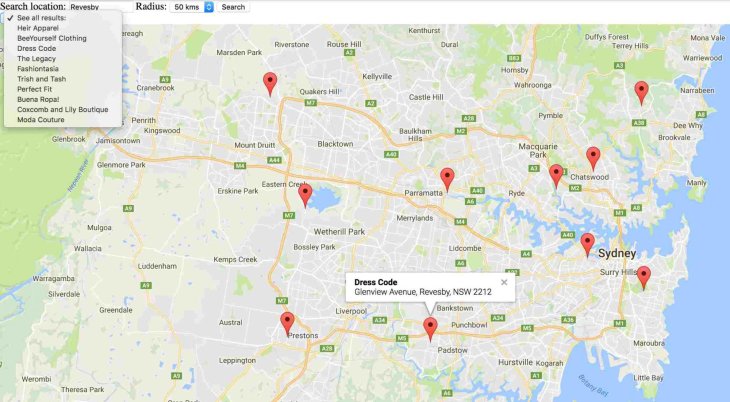
Apple is in lots of trouble with the scrutiny on the way it runs the App Store as a result of a slew of antitrust complaints in the US as well as Europe. One of the easiest sights of bias regulators can detect is the rankings of search results, which can give away evidence of promoting one's own products or services. The act of one company exploiting its power to favor its own products was what caused Microsoft’s antitrust case in the 90s. Google faced a similar accusation in 2017 in the EU with a fine of multimillion-dollar.
According to Apple, it did not practice monopoly as its iOS only has a small share of the market in comparison with the domination of Android. While that is true, there are several ways regulators can use to target the iPhone maker.
According to the US Supreme Court, Apple could be taken to court by developers as well as users after the company was opened up for lawsuits from buyers. The company was sued by two developers for its alleged monopoly when it takes out 30% of every purchase, interferes with search results, and restricts the distribution of apps outside of its App Store.
Apple has also been put under fire for the way it treats apps that compete with its own. Earlier this year, it was criticized for removing several parental control apps with the reason that they violated its policies on user privacy. However, many believe that the company’s action is to boost its own Screen Time. In response to the criticism, Apple restored some of the third-party apps last month.
Apple was also under an investigation in the EU as Spotify filed an antitrust complaint against the iPhone maker for its 30% cut of in-app purchases, which can give Apple Music a competitive edge when Spotify has to increase their own prices to make up for the loss. Netflix and Amazon have made their own moves to oppose Apple’s approach, which is to refuse to allow users to make an in-app purchase on iOS devices. It is believed that Apple can keep developers in update vagueness to penalize them for going against its pricing policies.
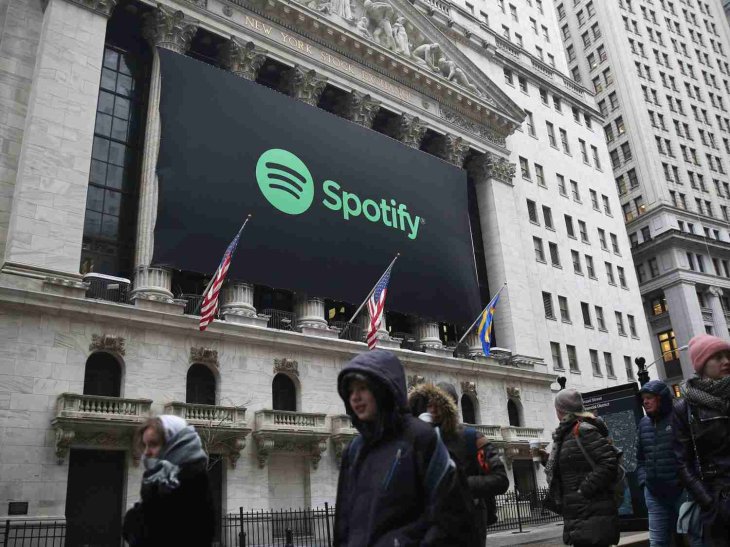
These incidents will definitely affect the way regulators view how Apple runs its App Store, as well as its arguments in this controversy of search rankings.
Featured Stories

ICT News - Feb 20, 2026
Tech Leaders Question AI Agents' Value: Human Labor Remains More Affordable

ICT News - Feb 19, 2026
Escalating Costs for NVIDIA RTX 50 Series GPUs: RTX 5090 Tops $5,000, RTX 5060 Ti...

ICT News - Feb 18, 2026
Google's Project Toscana: Elevating Pixel Face Unlock to Rival Apple's Face ID

Mobile - Feb 16, 2026
Xiaomi Launches Affordable Tracker to Compete with Apple's AirTag

ICT News - Feb 15, 2026
X Platform Poised to Introduce In-App Crypto and Stock Trading Soon

ICT News - Feb 13, 2026
Elon Musk Pivots: SpaceX Prioritizes Lunar Metropolis Over Martian Colony

ICT News - Feb 10, 2026
Discord's Teen Safety Sham: Why This Data Leak Magnet Isn't Worth Your Trust...

ICT News - Feb 09, 2026
PS6 Rumors: Game-Changing Specs Poised to Transform Console Play

ICT News - Feb 08, 2026
Is Elon Musk on the Path to Becoming the World's First Trillionaire?

ICT News - Feb 07, 2026
NVIDIA's Gaming GPU Drought: No New Releases in 2026 as AI Takes Priority
Read more

ICT News- Feb 19, 2026
Escalating Costs for NVIDIA RTX 50 Series GPUs: RTX 5090 Tops $5,000, RTX 5060 Ti Closes in on RTX 5070 Pricing
As the RTX 50 series continues to push boundaries in gaming and AI, these price trends raise questions about accessibility for average gamers.

ICT News- Feb 20, 2026
Tech Leaders Question AI Agents' Value: Human Labor Remains More Affordable
In a recent episode of the All-In podcast, prominent tech investors and entrepreneurs expressed skepticism about the immediate practicality of deploying AI agents in business operations.

ICT News- Feb 18, 2026
Google's Project Toscana: Elevating Pixel Face Unlock to Rival Apple's Face ID
As the smartphone landscape evolves, Google's push toward superior face unlock technology underscores its ambition to close the gap with Apple in user security and convenience.

Comments
Sort by Newest | Popular